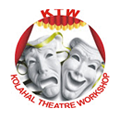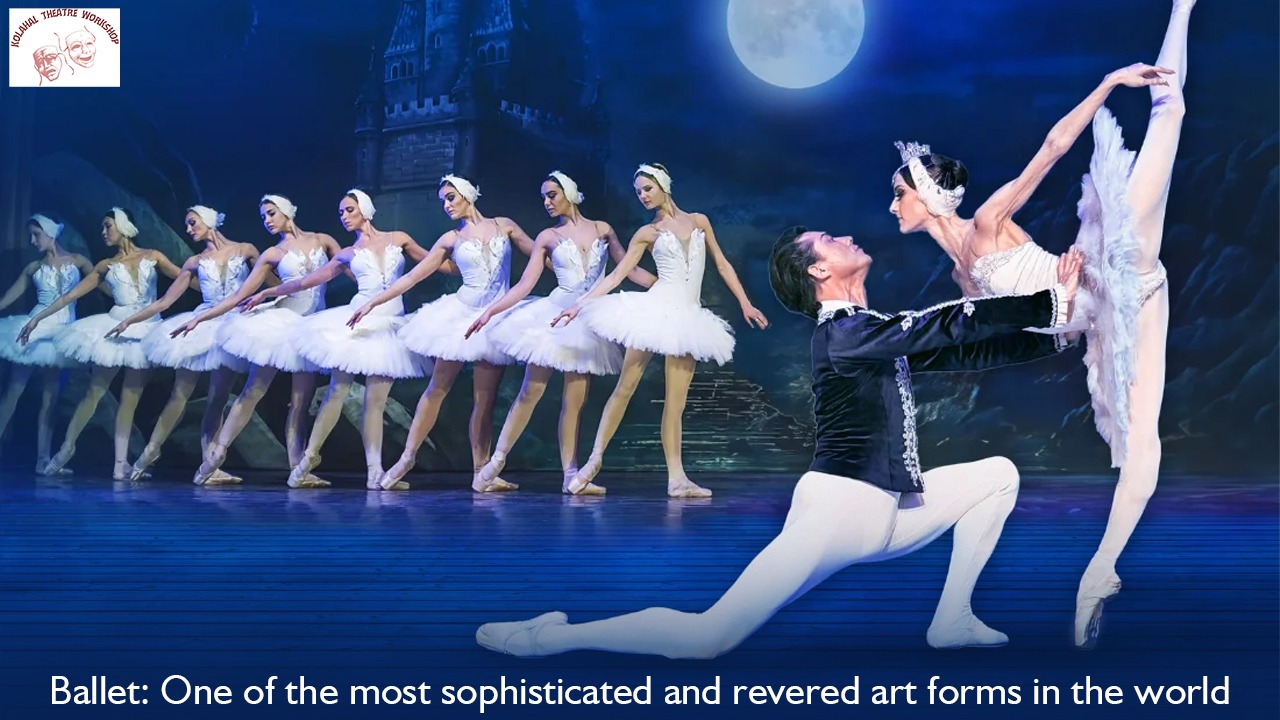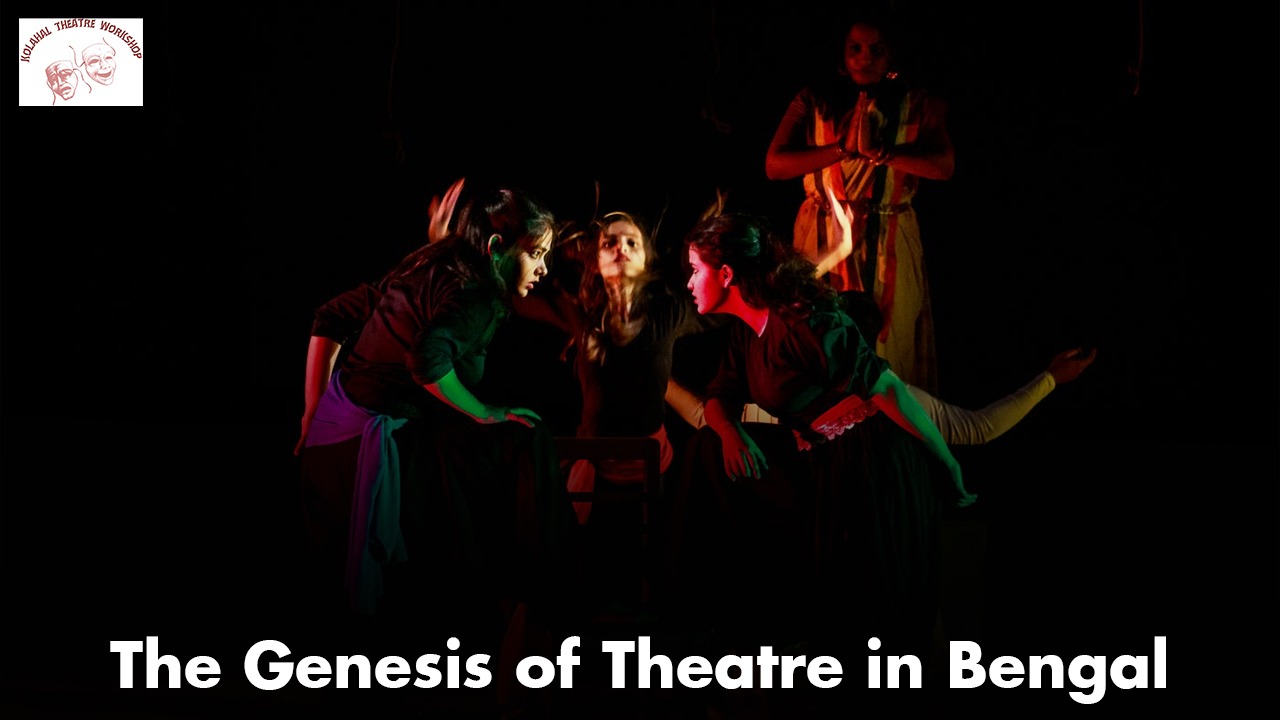Mystery Plays: A Glimpse into Medieval Drama
Introduction
Mystery plays, also known as miracle plays, are one of the oldest forms of medieval European theater. Originating in the 10th century and flourishing until the 16th century, these plays dramatized biblical stories, offering both entertainment and religious education to the masses. This article delves into the history, characteristics, and significance of mystery plays in medieval society.
Historical Background
The term “mystery” derives from the Latin “misterium,” meaning a craft or trade, reflecting the involvement of guilds in producing these plays. Initially performed in Latin by clergy within the church, the plays eventually moved outdoors and began using the vernacular language, making them accessible to a broader audience. By the 14th century, they had become a popular form of communal entertainment and religious instruction, often staged during festivals like Corpus Christi.
Structure and Themes
Mystery plays typically depicted stories from the Bible, ranging from the Creation and the Fall of Man to the Passion of Christ and the Last Judgment. They were performed in cycles, with each play in the cycle covering a different episode. Some of the most famous cycles include the York, Chester, Wakefield, and N-Town cycles in England. These cycles could comprise dozens of plays and were performed over several days.
The plays were presented on pageant wagons—mobile stages that could be moved through the streets, allowing different scenes to be performed at various locations within a town. This method made theater accessible to people who might not otherwise have attended a stationary performance.
Production and Performance
Guilds or trade associations typically produced and financed mystery plays. Each guild would be responsible for a specific play in the cycle, often related to their trade. For example, the shipwrights might present the story of Noah’s Ark, while the bakers might perform the Last Supper. This system fostered community involvement and competition, leading to elaborate and creative productions.
Actors were usually amateurs from the local community. Given the religious nature of the plays, there was a strong emphasis on moral and didactic messages. The plays often included elements of humor and everyday life to make the stories more relatable to the audience.
Cultural and Religious Significance
Mystery plays served as a tool for religious instruction in an era when literacy was limited, and most people could not read the Bible. By dramatizing biblical stories, these plays helped to convey complex religious ideas and moral lessons in an engaging and memorable way.
Additionally, the communal nature of the productions helped to strengthen social bonds and reinforce shared values within the community. The plays also reflected contemporary concerns and issues, making them relevant to the lives of medieval audiences.
Decline and Legacy
The popularity of mystery plays began to wane in the 16th century with the rise of professional theater and changing religious attitudes brought about by the Reformation. The banning of religious plays by various authorities led to the decline of this theatrical tradition.
However, the legacy of mystery plays endures. They are seen as a precursor to modern drama and have influenced countless playwrights and theatrical traditions. Some communities have revived the tradition, staging mystery plays as part of historical reenactments or cultural festivals, preserving this unique aspect of medieval heritage.
Conclusion
Mystery plays were a cornerstone of medieval cultural and religious life, blending entertainment with instruction. Their impact on the development of theater and their role in medieval society highlight the importance of these performances. Today, they offer a fascinating glimpse into the past, reminding us of the power of storytelling in shaping human experience and belief.
This article is a non-copyrighted original composition intended to provide an overview of mystery plays for educational purposes.




